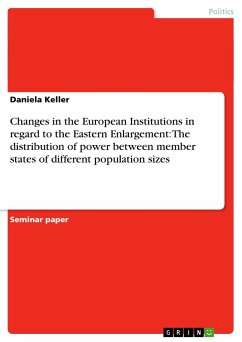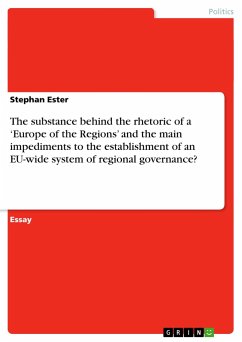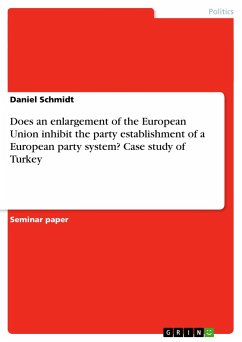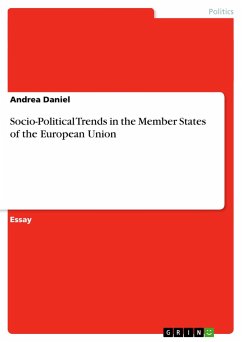Essay from the year 2006 in the subject Politics - International Politics - Topic: European Union, grade: 75%, Swansea University, course: After Democracy: The EU and the Governance of Europe, language: English, abstract: Since the beginnings of the European Community, economic integration has led the way in the process of European integration as a whole. From its first outline in the 1957 Treaty of Rome to its final implementation into the first pillar of the European Union in the Maastricht Treaty of 1992, the creation of a single market and eventually a single currency has been central to the idea of creating a unified Europe and significantly shaped the European communities' institutions and ways of governance. The coming into effect of the Single European Market (SEM) in 1993 and establishment of the Economic and Monetary Union (EMU) in 1999 have probably been the most far-reaching and incisive steps on the way to the economic and following political integration of Europe. In this essay, I will first discuss the impact of the SEM on the governance of the EU's institutions and its member states, especially with regards to the process of setting common rules and regulations and their subsequent implementation into national law. In a second step, I will analyse the significance of EMU for the economic governance of the EU's member states and its further implications for national sovereignty in this field. Finally, I will summarise the results of this essay and discuss the advantages as well as the political and economic problems that exist or might arise out of SEM and EMU in the future.








